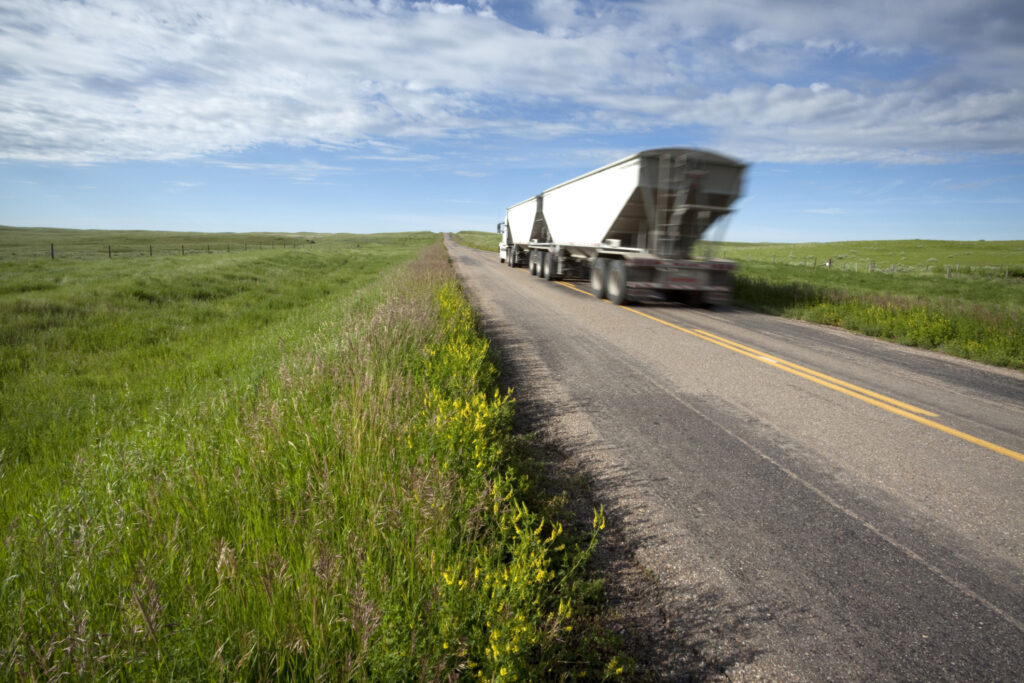The Saskatchewan Trucking Association (STA) said it is “deeply concerned about the potential safety implications” of the newly announced exemption for Class 1 drivers in the province, effective May 21.
The exemption allows temporary foreign workers from jurisdictions with reciprocal agreements with the Saskatchewan Government Insurance (SGI), employed in the agricultural sector, to operate Class 1 vehicles in the province for a period of 12 months using their home jurisdiction’s Class 1-equivalent licence.
While the STA acknowledges the importance of facilitating the labor needs of the agricultural industry, it expressed its reservations. “The absence of competency-based testing or experience requirements from the reciprocity jurisdiction raises significant safety concerns for all road users in Saskatchewan,” an STA news release said.

“Safety on our roads is paramount, and ensuring that all drivers, regardless of their origin, meet rigorous competency standards is essential for protecting lives and preventing accidents. The temporary nature of this exemption does not alleviate our concerns, as even a short-term compromise on safety standards can have long-lasting repercussions,” the release added.
“The safety of our roads and highways is non-negotiable,” said Susan Ewart, STA president. “While we understand the need to address labor shortages in the agricultural sector, we cannot compromise on safety. All drivers must demonstrate their ability to operate Class 1 vehicles safely through comprehensive testing and experience requirements.”
Agriculture industry’s labor requirements
Documents obtained by CBC News revealed the province is allowing foreign agriculture workers from 40 countries to drive on their home country’s licence for up to a year, until May 21, 2025, according to a news report.
Those countries include several European countries, the United Kingdom, Australia, New Zealand, Portugal and Taiwan.
The STA urged the provincial government to reconsider the exemption and implement measures that prioritize safety without hindering the agricultural industry’s ability to access necessary labor.
“We remain committed to working collaboratively with all stakeholders to find solutions that balance the needs of the economy with the safety of our communities,” the STA said.